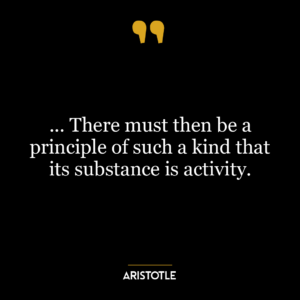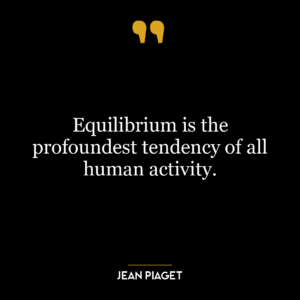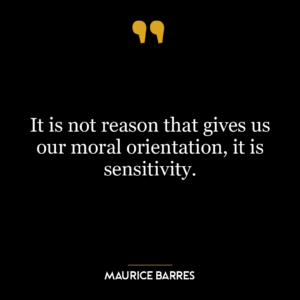“It is no easy task to be good” is a profound statement that encapsulates the ongoing struggle of maintaining moral integrity and virtuous character. In essence, the quote emphasizes the difficulty and complexity of consistently exhibiting good behavior, making ethical decisions, and upholding moral values. Being good isn’t a one-time act; it’s a continuous process that demands conscious effort, self-discipline, and resilience in the face of adversity.
The concept of being ‘good’ is multidimensional and subjective, varying across different cultures, societies, and individuals. It can involve various aspects such as honesty, kindness, empathy, fairness, and respect among others. Thus, being good requires a comprehensive understanding and application of these virtues in our daily lives.
In the context of today’s world, this quote is particularly relevant. We live in a society that often prioritizes personal gain over ethical conduct, where moral shortcuts are sometimes taken for instant gratification. In such a scenario, adhering to ethical principles and maintaining moral integrity becomes a challenging task. However, it is important to remember that being good not only benefits society at large, but it also contributes to personal growth and self-esteem.
In terms of personal development, this quote can be a guiding principle. It reminds us that the path to self-improvement and personal growth isn’t always easy. It requires constant effort, self-reflection, and the courage to make the right choices, even when they are difficult. It encourages us to strive for moral excellence and to cultivate virtues such as patience, humility, and altruism.
In conclusion, the idea that it is no easy task to be good serves as a reminder of the continuous effort required to uphold moral and ethical standards. It encourages introspection, resilience, and the pursuit of personal growth and societal harmony.

















